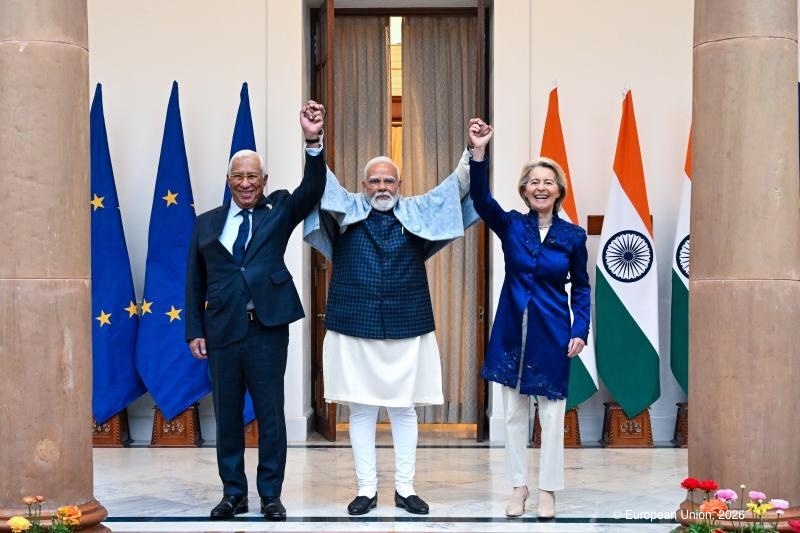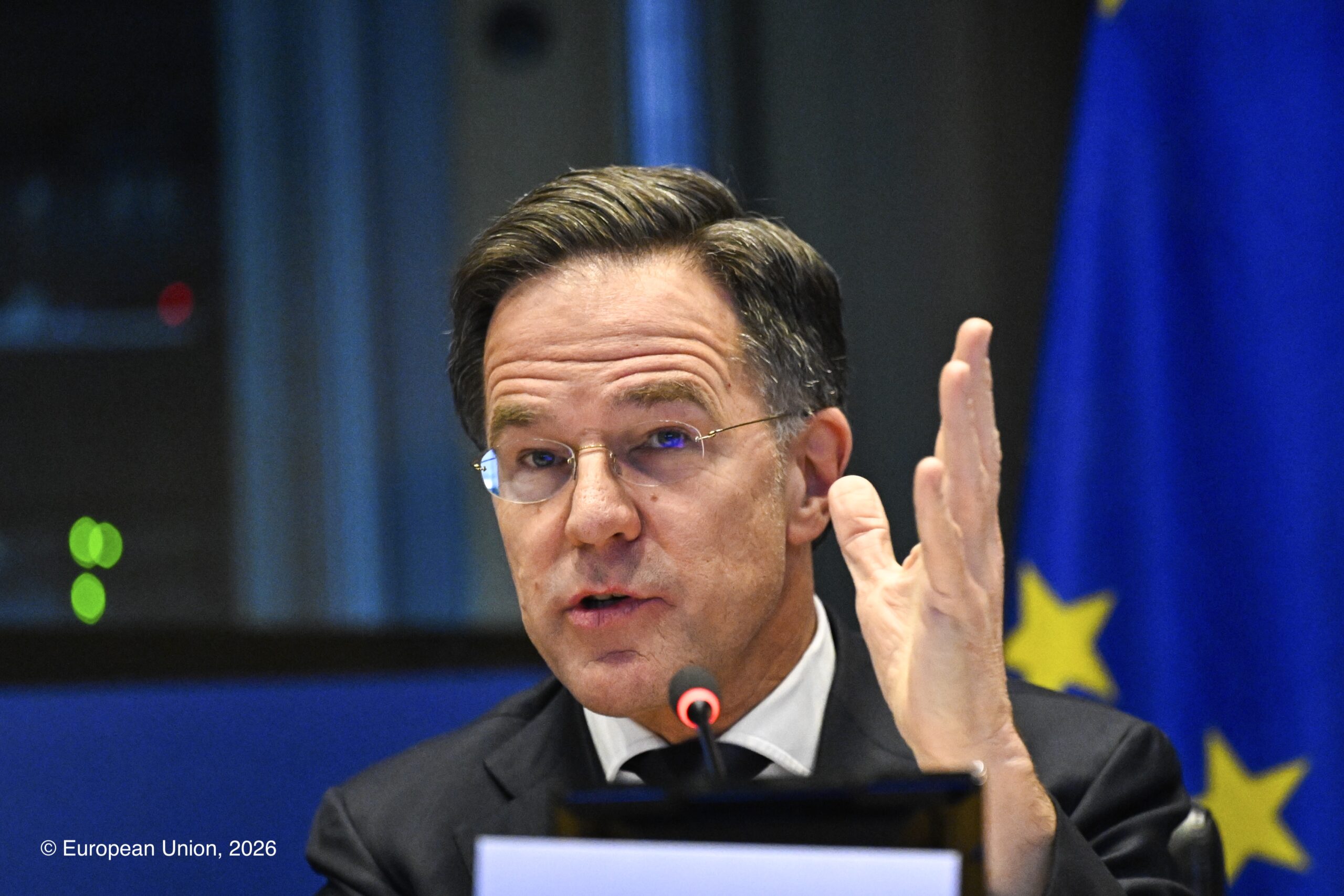On 2 April 2025, U.S. President Donald Trump announced the implementation of new 20% tariffs targeting imports from the European Union from 9 April – as well as higher reciprocal tariffs for other specific nations. Further tariff announcements targeting specific sectors, such as pharmaceuticals, are anticipated in the coming weeks and months.
President Trump justified these tariffs as necessary to address trade imbalances and to promote domestic manufacturing. He referred to this initiative as a “Declaration of Economic Independence,” aiming to counteract what he perceives as unfair trade practices by U.S. trading partners.
The EU has expressed strong opposition to these tariffs, with European Commission President Ursula von der Leyen announcing that Europe “needs to brace for the impact that this will inevitably have” and that “Europe has everything it needs to make it through this storm.” Von der Leyen further highlighted plans to “convene Strategic Dialogues with the Steel, Automotive and Pharmaceutical industries.”
At a press conference on Thursday, 2 April, Bernd Lange (S&D, DE), Chair of the EP Committee on International Trade, addressed the implications of the newly announced U.S. tariffs. He emphasised the need “to reflect what consequences this will have,” referring to the day as “Inflation Day.”
Lange also clarified that the average tariff between the U.S. and EU is 5%, contradicting President Trump’s claim of 39%. Lange highlighted the EU’s challenges in initiating discussions with the Trump Administration’s Trade Department, despite multiple efforts, including two visits by Trade Commissioner Maroš Šefčovič to the U.S. and numerous video conferences.
He reiterated that the EU remains committed to pursuing negotiations to avoid escalating trade tensions further. Lange further shared that the EU has a toolbox that it is willing to use, e.g. the anti-cohercion instrument (ACI).
President Trump’s tariffs reflect a broader trend towards economic nationalism, which may lead many countries to reconsider free trade agreements. With Western unity weakened, there is potential for new partnerships to form. The European Commission has indicated that diversifying partnerships and supply chains align with its future strategies. Additionally, recent cooperation discussions between China, Japan, and South Korea highlight further shifting global trade alignments.

